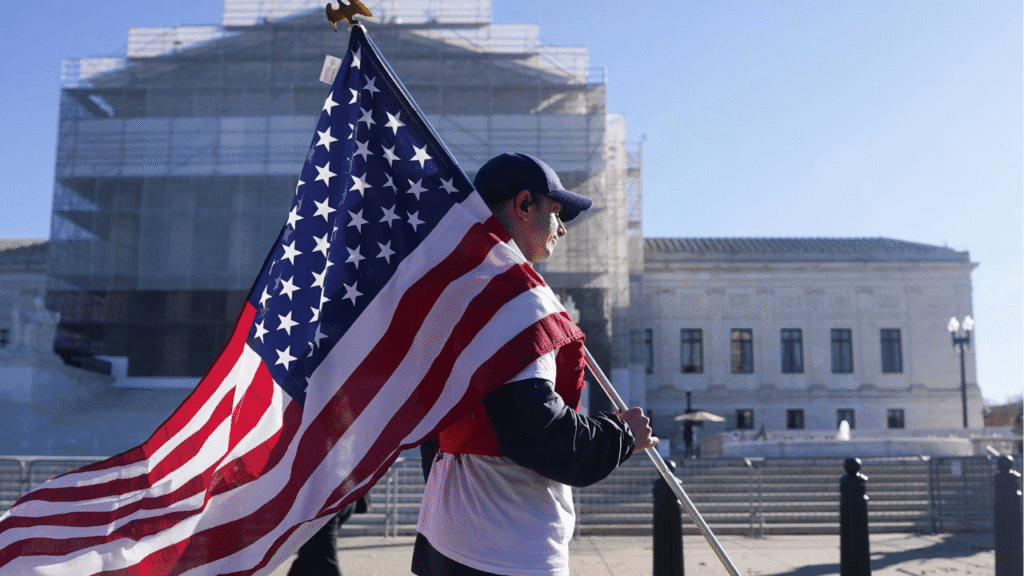Landmark Ruling Faces New Challenge After a Decade
The Supreme Court held a closed-door meeting Friday to determine whether it will hear a high-profile appeal from Kim Davis, the Kentucky county clerk who denied marriage licenses to same-sex couples in 2015. If the court grants review, this would mark the first direct challenge to marriage equality since the 2015 Obergefell v. Hodges decision legalized same-sex marriage nationwide.

Kim Davis: Defiance and Legal Fallout
Davis, who was ordered to pay $360,000 in damages after refusing to issue licenses on religious grounds, continues to argue that her constitutional rights were violated. Her legal team claims that Obergefell was “egregiously wrong,” igniting concern among LGBTQ+ groups and advocates who fear a legal reversal could erode protections for millions of families.
National Uncertainty as Political Landscape Shifts
The current Supreme Court, now with a stronger conservative tilt than a decade ago, has several justices who’ve voiced interest in revisiting key rights established by earlier rulings. Justice Clarence Thomas, in particular, has called for overturning Obergefell. However, it’s unclear if enough justices support reopening the debate, with court-watchers divided on the likely outcome.
Broader Impact: State Laws and Political Movements
If the Supreme Court reconsiders marriage equality, more than two dozen states could see immediate restrictions due to “trigger laws” designed to halt same-sex marriages should federal protections fade. Recent years have seen a resurgence of ballot measures and policy proposals challenging LGBTQ+ rights, with national watchdog groups warning of broader efforts to narrow definitions of family, spurred partly by the Project 2025 blueprint for a Trump second term.
Advocates: Stability for Families at Risk
National organizations urge the Supreme Court to deny review and protect a “positive, stabilizing precedent” benefiting couples, children, and society at large. The coming days may signal whether the court will reopen a fight that defined a generation—or leave marriage equality as settled law.
